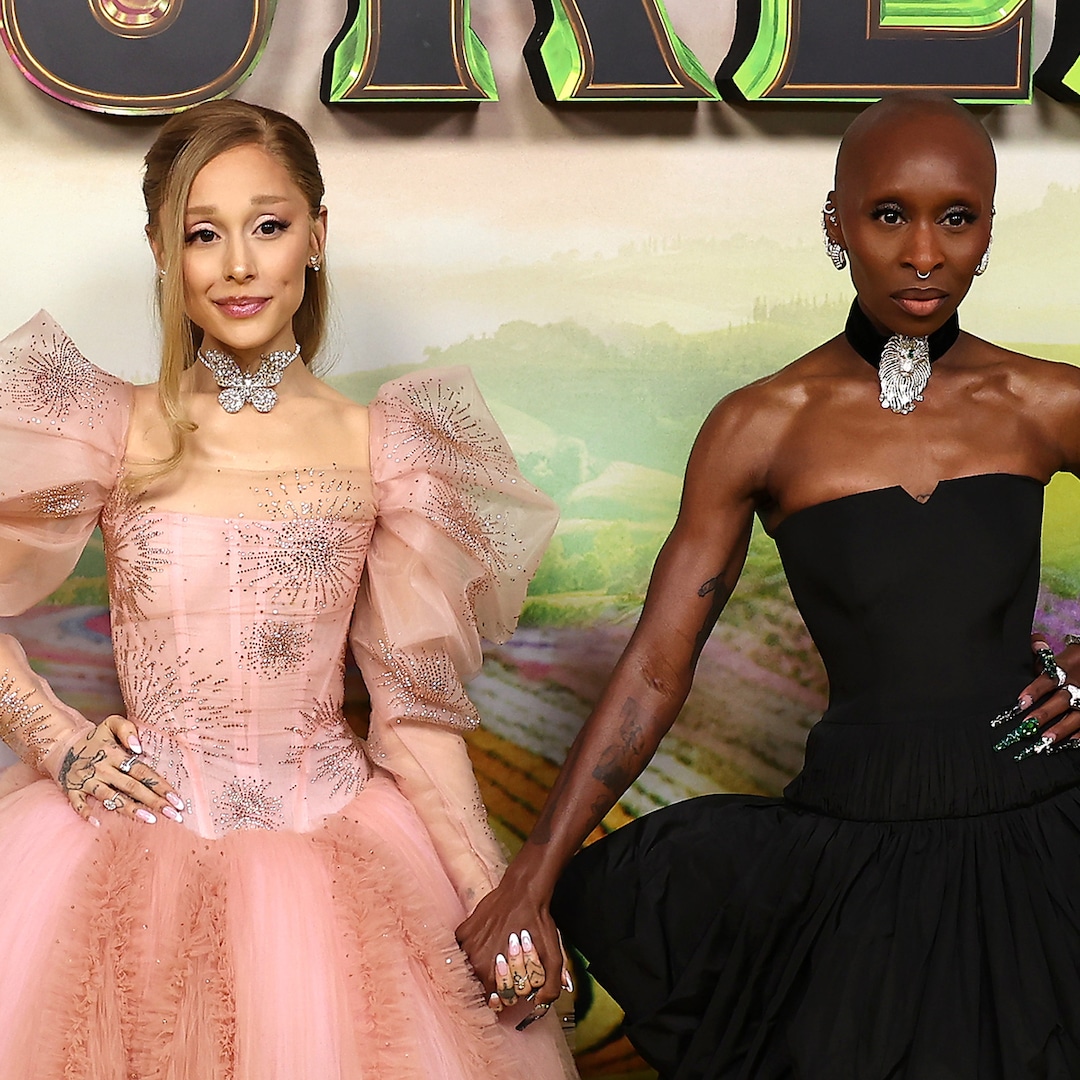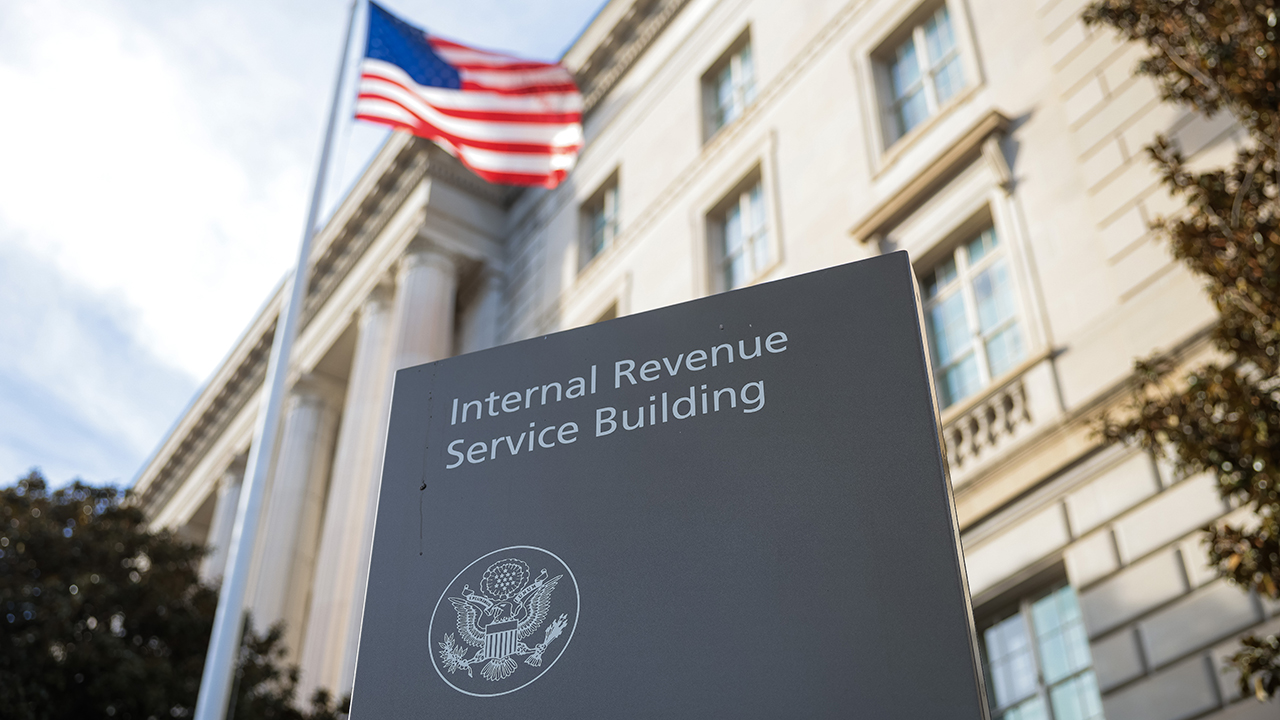The New HR Moves Everyone’s Whispering About


If you’ve felt like work has been shifting under your feet lately, you’re not wrong. It’s not just you, and it’s not just your company either. The people who shape what happens behind the scenes at work—yes, the HR departments—are doing things a little differently now. It’s quieter than a major announcement, but louder than business as usual. Something’s happening in the way we think about jobs, how we hire, and what employees really expect. And if you’ve been paying attention, it’s all been leading to this slow but undeniable transformation of how people work in 2025.
It’s not about new office furniture or free snacks. It’s deeper than that. It’s about how we treat people, how we bring them in, how we keep them, and how we actually talk to them. The trends making their way into HR this year aren’t flashy, but they’re the kind that slowly change everything.
The Office Is Wherever You Are—and HR Finally Believes It
Let’s start with the thing nobody wants to argue about anymore: people don’t want to be in the office five days a week. That fight is over. Companies that keep pretending otherwise are quietly losing talent while everyone else adapts. But the interesting part isn’t that people are working from home. It’s how HR is finally adjusting the rules to fit that reality instead of fighting against it.
Remote policies used to feel like a list of don’ts—don’t move out of state, don’t take meetings with messy backgrounds, don’t log in late. But now we’re starting to see trust take the front seat. HR teams are rewriting policies to support how people really live, not how they used to. Flexible hours are less about clocking time and more about measuring real output. That kind of shift has led to increased productivity not because people are working harder, but because they’re being treated like adults.
There’s also a growing understanding that “remote” doesn’t mean disconnected. HR departments are investing more in digital culture building—small things like regular check-ins, digital coffee hours, or even just recognizing birthdays in Slack—because when you feel seen, you stay. And right now, retention is the name of the game.
Hiring Has Slowed Down—but It’s Way Smarter
For most companies, the fast-and-loose hiring sprees of 2021 and 2022 are long gone. Instead of scooping up talent just to have bodies in seats, HR departments are being asked to think strategically. Every hire needs to count, and that’s changing how the entire recruitment process feels.
There’s a stronger push for clarity. Job descriptions are being written more carefully, with actual humans in mind—not laundry lists of buzzwords. Interviews are getting more honest too. Instead of trying to impress candidates with corporate lingo and perks, recruiters are opening up about team dynamics, expectations, and even challenges. And here’s the surprising part: candidates respect that. Honesty, even when it’s messy, builds trust before day one.
Background checks are another place we’re seeing change. They used to be a box to check. Now, they’re tools for better decisions. HR teams want more than a clean criminal history—they want insight. That’s where for example, PreSearch background checks come in. These aren’t just about looking up past mistakes. They help companies understand professional patterns, behavior styles, and culture fit. It’s like finally putting real data behind the gut feeling interviewers always relied on. It makes hiring smarter, not slower.
HR Isn’t Just About Hiring and Firing Anymore
One of the biggest shifts quietly happening inside HR departments is that their role is expanding in ways no one used to talk about. For a long time, HR was seen as the group that enforced rules and kept paperwork straight. But now, they’re becoming the emotional backbone of a company.
People are burned out. They’re still dealing with the aftershock of pandemic-era work life, financial anxiety, and personal stress. So HR is leaning into mental health support—not as an add-on, but as part of the daily fabric of work. That means more access to counselors, more normalized mental health days, and more open conversation about stress and burnout.
Training and development are also coming back into focus. Not in a stuffy conference room kind of way, but as part of everyday work. Microlearning, mentorship, and upskilling are being baked into regular routines, not just offered once a year. Employees don’t just want to do their jobs—they want to grow into new ones. HR finally gets that.
People Want Transparency, and HR Is Learning How to Deliver
We’re living in a time where people expect to know what’s going on. Employees want to understand how decisions are made, why someone was promoted, and where the company is heading. They’re tired of corporate-speak and vague statements. That means HR has had to up its communication game in a big way.
Clear, consistent messaging is becoming an HR skill just as much as compliance knowledge used to be. Internal newsletters are getting real. Town halls are less staged. Even layoffs—when they happen—are being handled with more empathy, more detail, and more human-to-human conversation. It’s not about softening bad news. It’s about trusting people enough to tell them the truth.
The payoff? Employees feel respected. They may not love every decision, but they’ll stick around longer if they believe they’re being treated with honesty and decency.
AI Can’t Replace Empathy—and That’s a Good Thing
AI is everywhere, and yes, it’s showing up in HR too. Resume scanning tools, onboarding chatbots, analytics dashboards—there’s no shortage of software promising to make things faster and easier. But here’s what’s interesting: the HR departments that are thriving aren’t letting AI lead the way. They’re using it to clear the noise so they can focus on the human part.
Instead of replacing jobs, AI is starting to free up time so HR professionals can actually spend more of it with people. That might mean coaching a manager through a tough team conflict or helping someone figure out their next step at the company. No algorithm can do that well. And honestly? No one wants it to.
In the End, It’s Still About People
HR trends might sound like business strategy. But if you really look closely, they’re just stories about how people want to be treated at work. With more flexibility, more clarity, more honesty, and a little more heart. That’s not just a trend. That’s a shift in what we expect from work itself. And it’s already here.
The post The New HR Moves Everyone’s Whispering About appeared first on European Business & Finance Magazine.















































